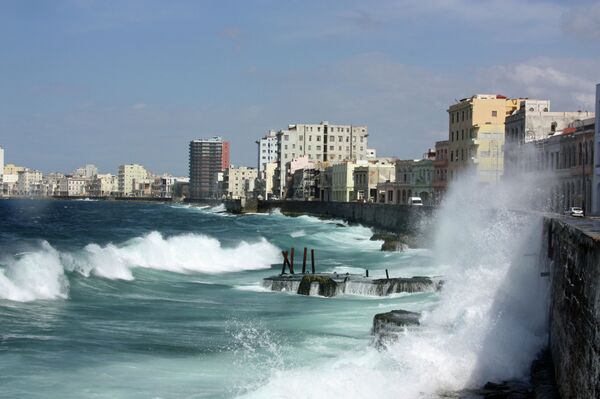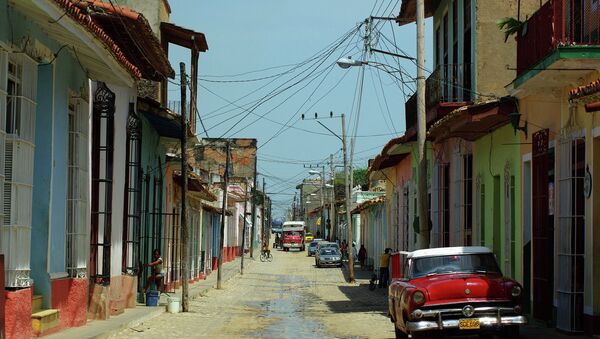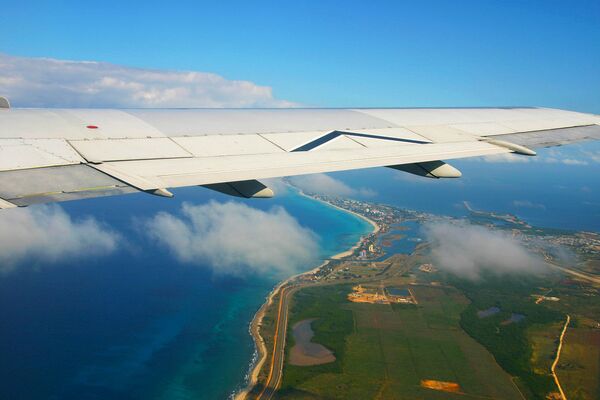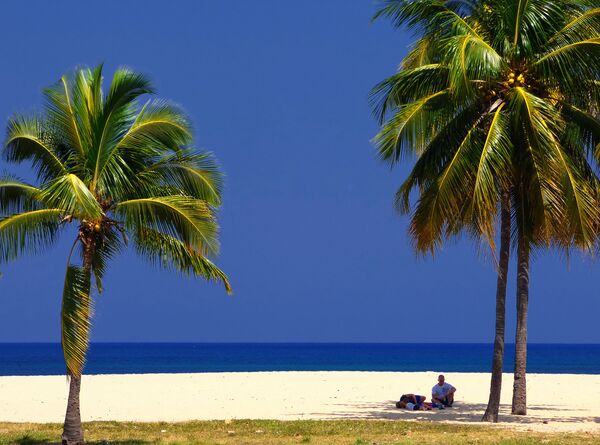Amid a thaw in diplomatic relations between the US and Cuba, many still wonder what has changed as a result of the US's new policy with the Caribbean island nation, even though the embargo on Cuba remains in place.
Here are some of the changes in the US regulations.
The US restrictions do not yet allow Americans to visit Cuba for tourism. However, there are 12 permitted categories to legally travel to the island.
Among the allowed activities, are professional research, participating in an athletic event, performing in a concert, working on a humanitarian project or taking part in educational activities, supporting civil society in Cuba or promoting the Cuban people’s independence from Cuban authorities.
Previously many of these activities required applying for a specific license and maneuvering a labyrinth of government bureaucracy. Now many US citizens can essentially "self-license" if they believe their travel to Cuba meets the legal requirements.
Air Traffic Between the Two Countries
Until recently, US travelers with licenses often had to fly via a third country. Now there are multiple daily flights from Miami and more flights being added from destinations such as Tampa, New York and Orlando operated by major carriers.
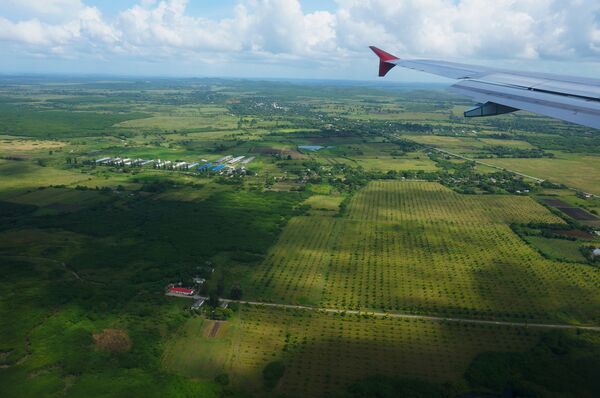
However, seats still must be booked through third-party charter companies as airlines won't be able to sell tickets to Cuba directly until the United States and Cuba negotiate a new civil aviation agreement.
Regulations issued by the Department of Commerce in September now allow American companies to establish offices and premises in Cuba and airline crews to stay overnight on the island. They also allow the sale of equipment related to aviation safety to Cuba.
Lodging in Cuba
Cuba seems not to be really ready to receive a huge influx of visitors, as there are not enough good hotels, and infrastructure.
Just few days ago US hotel company Starwood Resorts signed a deal to "refurbish and manage" two hotels in Havana. The step represents the first time a US hotel chain has operated in Cuba in over fifty years.
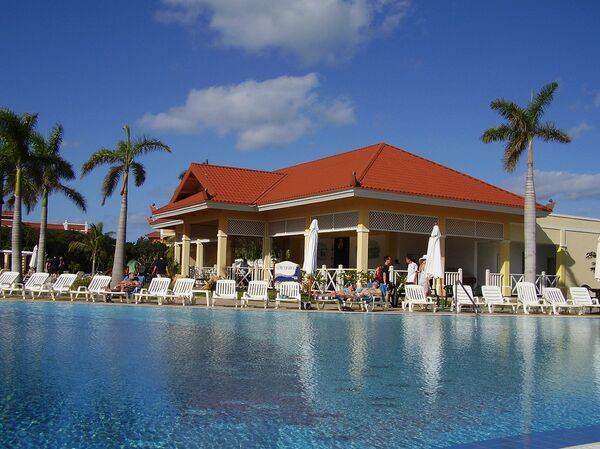
And Airbnb, a website that offers hotels, apartments, villas and rooms for rent, announced that it will open up its listings in the country to all visitors starting on April 2nd.
Both companies had to receive special authorization from the US Treasury Department to expand their offerings.
Cuban Cigars Will Soon Be Available to Americans
The change in regulations also make it legal for the first time in decades for an American to buy and smoke a Cuban cigar while abroad.

The Commerce Department has made it legal for Americans traveling in a third country, like France or England for instance, to buy and smoke a Cuban cigar while abroad.
Americans can now bring back up to $400 in souvenirs, including $100 worth of cigars.
$100 still doesn't buy you very much. The problem is most boxes of Cuban cigars in state-run stores sell for much more than $100, with a box of premium Cohiba cigars usually going for over $400.
The State Department records suggest that Secretary of State John Kerry, who inaugurated the embassy in Havana in August, brought back an $80 humidor, $80 worth of cigars and a bottle of rum.
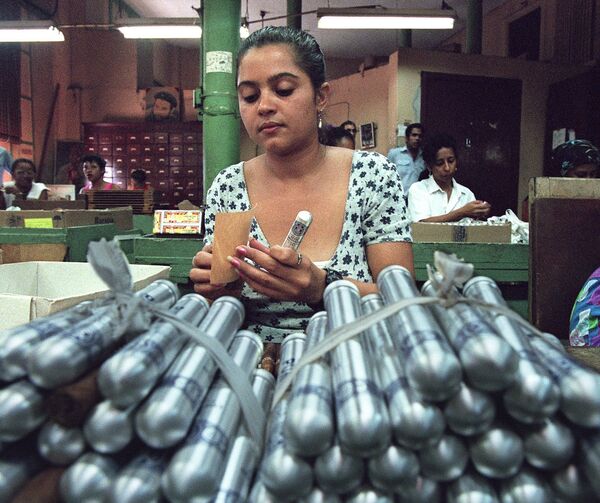
The Use of Credit Cards
American travelers to Cuba may open a bank account there and pay for expenses with an American credit card.
In reality, few people who take the short trip abroad have cause to open a bank account. But ATMs are few and far between in Cuba, and many establishments do not have the means to process credit card payments.
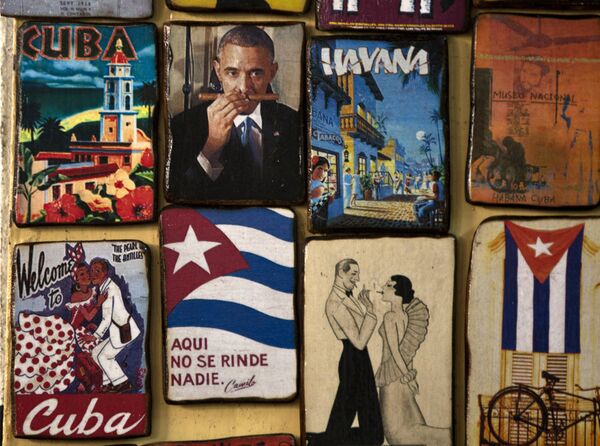
So, cash is still the king for some time to come.
Cruise Ships Sail to Cuba
Under the new regulations, owners of cruise ships and passenger ferries can operate between the United States and Cuba without a license, so long as the people they are carrying are licensed to travel there.
The infrastructure to accommodate a cruise ship is available since ships owned by non-American companies, which are usually smaller than American ones, have been sailing to Cuba in recent years.
The government had awarded licenses to a handful of ferry and cruise companies earlier this year, including Carnival Corporation, which said in July that it would begin sailing to Havana in April.
